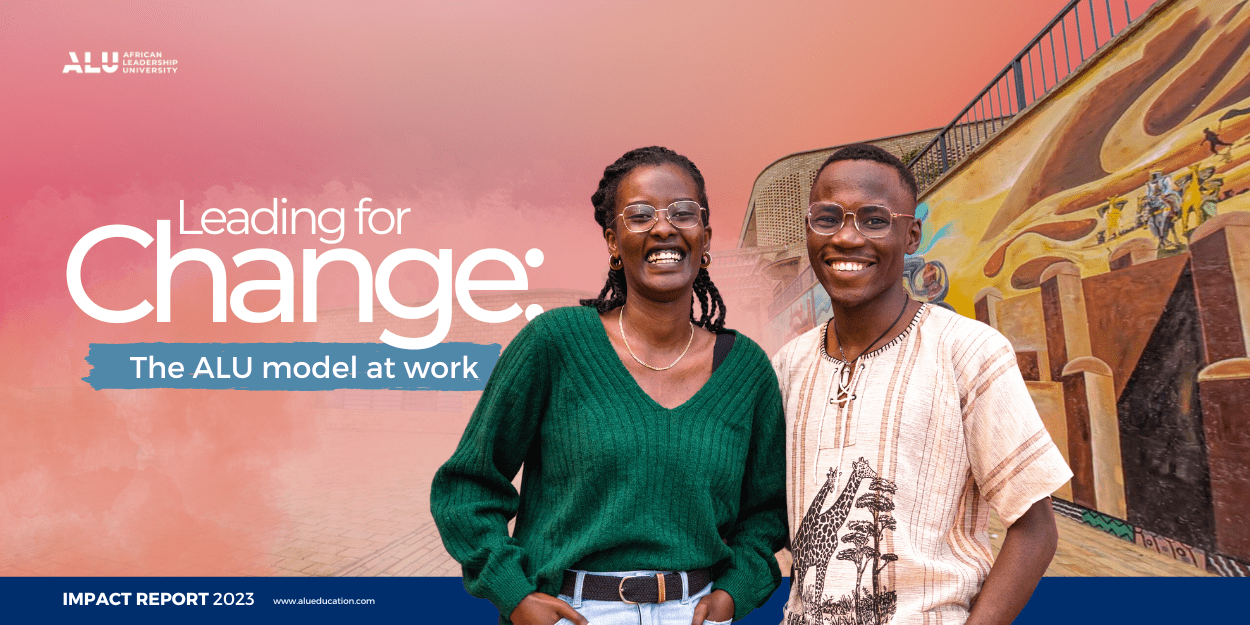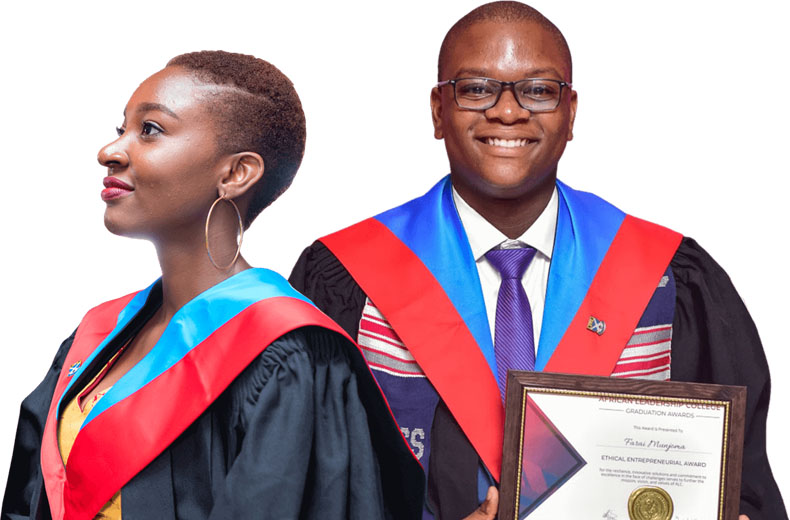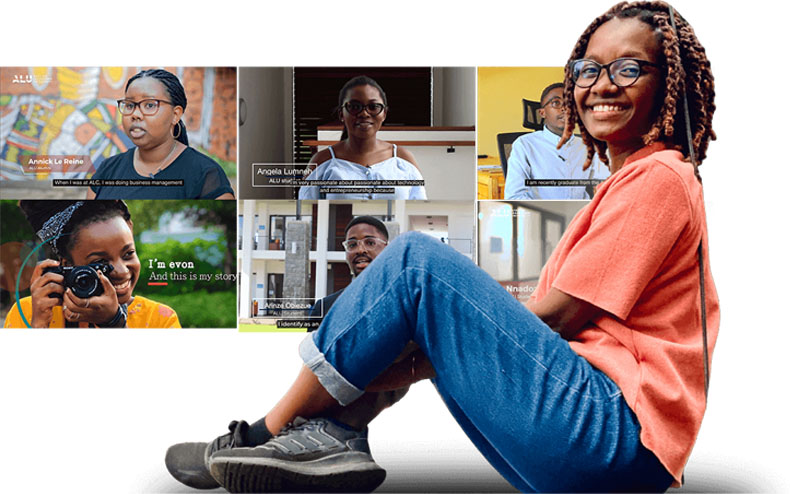Absolutely! Find below a non-exhaustive list of resources you will have access to while at ALU:
Learning Efficacy Advancement Programme (LEAP)
Learning Efficacy Advancement Programme is a student-led academic peer mentorship programme that is coordinated by the Learning Support Associate at the African Leadership University Campuses.
LEAP is set up with the sole aim of providing academic advancement to all students irrespective of their academic progress. Student at ALU should not feel alone as they negotiate and develop pathways for their academic leadership journey, but should learn and share with each other as they embrace the myriad opportunities provided by student support systems such as LEAP, Language Support Programme (LSP), Student Life and Career Development.
Besides academic discussions, peer mentors can also work with mentees in developing the following soft-skills: time management, decision Making, powerpoint design and presentation, problem solving, goal setting, planning and execution; and study habits and skills
Writing Center
The writing Center strives to enhance students’ writing skills by tapping into their needs and passion for writing by promoting a safe and learning space where students come together to encourage each other’s writing skills. The center helps student view writing as more than just a part of their academics to succeed but, more importantly, as a way to connect themselves with others and impact their environment, therefore, developing and maintaining ideal writing habits.
The centre also has trained mentors who will engage you in refining your texts by supporting you to critique your written text based on the target objectives.




